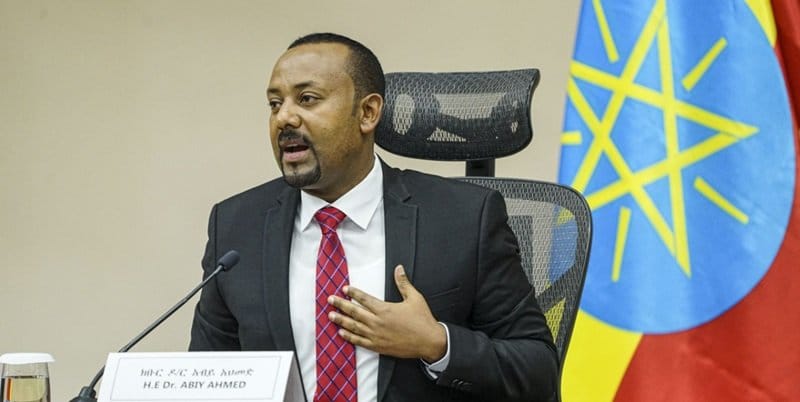In a historic step, Ethiopia is preparing to export crude oil for the first time, starting in September, Prime Minister Abiy Ahmed announced during a recent conversation with local media leaders and industry experts.
The milestone follows years of anticipation and groundwork in the Ogaden Basin, located in the Somali Regional State, where Chinese company Poly-GCL Petroleum has been leading exploration and development efforts. Until now, Ethiopia has spent over $4 billion annually on imported fuel, despite claims of vast untapped reserves.
“This moment has been in the making for six years,” Prime Minister Abiy said, recalling the country’s initial foray into oil extraction. “Now we are finally ready to take our place on the international oil market.”
Alongside the oil export news, the Prime Minister also confirmed that the long-awaited inauguration of the Grand Ethiopian Renaissance Dam (GERD) will take place within the next two months—earlier than previously expected. The dam, which is already over 97% complete, has become a symbol of national pride and a flashpoint in regional politics.
Originally launched 15 years ago with a cost estimate of 80 billion birr, the GERD now stands as Africa’s largest hydroelectric project. It currently stores 42 billion cubic meters of water and is set to reach 74 billion cubic meters at full capacity. Two turbines are already generating 540 megawatts of electricity, with a total of seven units planned upon completion.
So far, public and government contributions have poured over 180 billion birr into the project, with an additional 80 billion birr needed to finalize construction. Despite growing enthusiasm at home, the dam remains a source of international friction.
Egypt and Sudan have long opposed the GERD, citing fears over water flow disruption in the Nile Basin. Ethiopia, for its part, maintains that the dam is a legitimate development project aimed at lifting millions out of poverty and modernizing the country’s infrastructure.
Thirteen years of tripartite negotiations between Ethiopia, Egypt, and Sudan have failed to produce a binding agreement. Cairo accuses Addis Ababa of going it alone, while Ethiopia argues that colonial-era treaties still defended by Egypt are no longer relevant.
As Ethiopia moves forward with both oil exports and final touches on the GERD, the twin announcements signal a shift in the country’s economic ambitions—and could reshape both its domestic energy landscape and geopolitical posture in the region.



